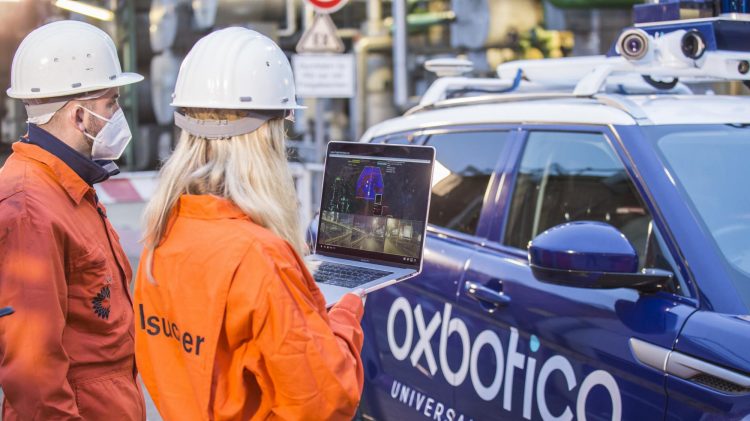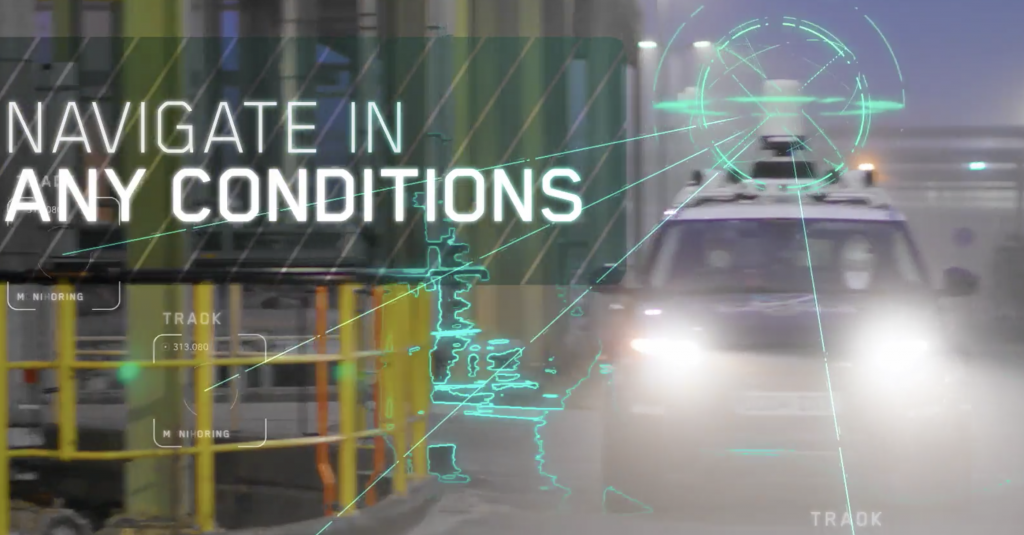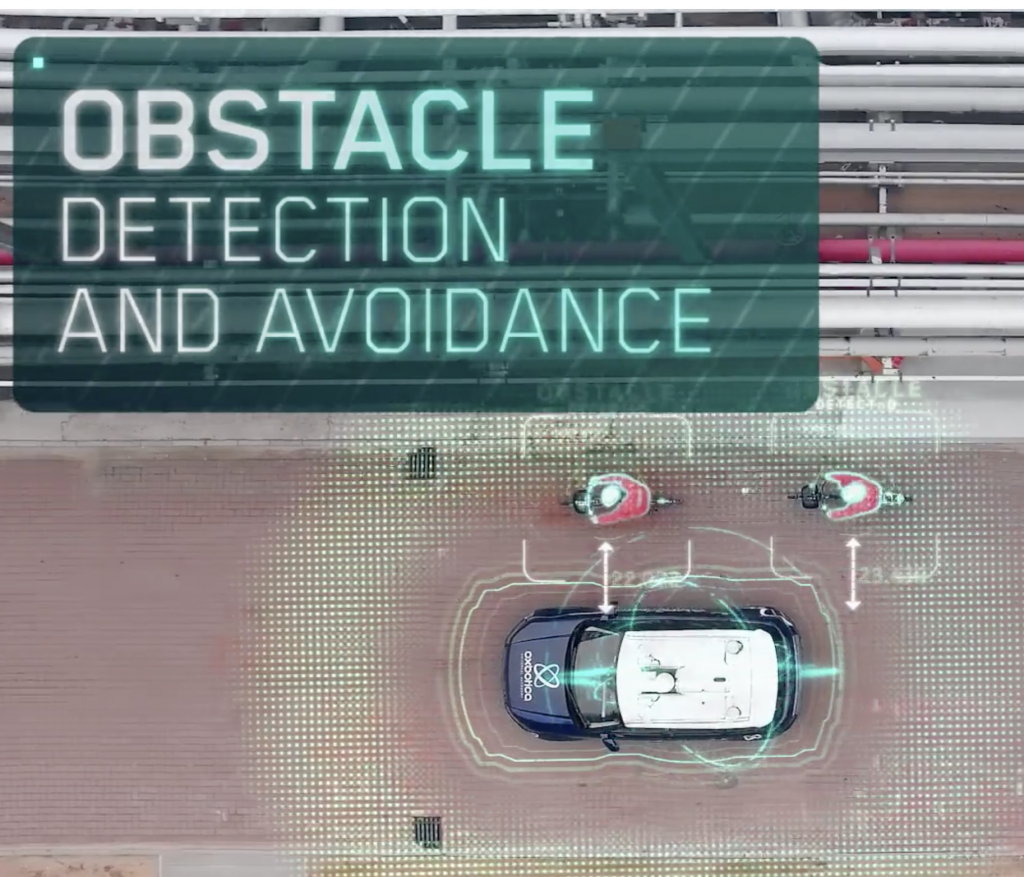bp has successfully completed a 180-kilometer autonomous vehicle trial at its complex Lingen refinery in Germany, working with Oxbotica, a provider of autonomous vehicle software employing laser vision and radar, without necessarily relying on GPS or high-definition maps.

During the trial, the vehicle travelled over 180 km fully autonomously, safely navigating the extensive and complex environment of the bp refinery, including busy junctions, narrow paths, railway crossings, and multiple terrains, during both day and night and in unpredictable weather conditions. Oxbotica deployed its autonomy software platform and integrated it with the existing infrastructure within two hours of arriving on site.
Oxbotica’s software can be installed into any vehicle and can work indoors, outdoors, underground, in any weather condition and any time of day or night, according to the company. It does not depend on external infrastructure such as GPS or third-party mapping and is sensor- and platform-agnostic.
The company’s suite of Universal Autonomy software is fully modular, has low compute power requirements and uses laser vision and radar for localization and perception for redundancy and safety purposes. Oxbotica states that its product works in fully GPS-denied environments and is fully integrated with a cloud management service. GPS and HD maps can be used if available).

As a result, the system can be tailored to work in any environment, indoors or outdoors, on a large scale. It offers associated documentation, open API’s and tooling for data logging, indexing and search, V2V communication, diagnostics, review forensics, health monitoring and analytics.
bp aims to deploy its first autonomous vehicle for monitoring operations at the refinery by the end of the year, in an effort to create a safer operating environment for field workers and reduce carbon emissions.
The self-driving vehicles will enhance human operations and improve safety by increasing the monitoring for irregular conditions, faulty equipment and security threats, making it more frequent and around the clock. The autonomous vehicles’ enhanced analytics will help the site reduce the size of its current fleet.

Morag Watson, senior vice-president of digital science and engineering, bp said: “This relationship is an important example of how bp is leveraging automation and digital technology that we believe can improve safety, increase efficiency and decrease carbon emissions in support of our net zero ambition. Lingen has 30 km of roads. Intelligent technology like this helps us make the incremental but equally critical improvements to our operations, so we can continue to focus on delivering the energy the world needs in the way that it wants. I am looking forward to working with Oxbotica to explore how we can unlock the full potential of autonomy”.
The announcement follows bp’s recent $13 million equity investment in Oxbotica. The partnership gives Oxbotica access to bp’s operations, retail sites and customer network.
Ozgur Tohumcu, CEO at Oxbotica said: “The investment from bp will allow us to scale our autonomous software platform across the energy ecosystem with a number of planned use cases and unlock the true power of universal autonomy.”
BP plc (formerly The British Petroleum Company plc and BP Amoco plc) is a British multinational oil and gas company headquartered in London, and one of the world’s seven oil and gas “supermajors”. It operates in all areas of the oil and gas industry, including exploration and production, refining, distribution and marketing, power generation and trading, and has renewable energy interests in biofuels, wind power, smart grid and solar technology.

